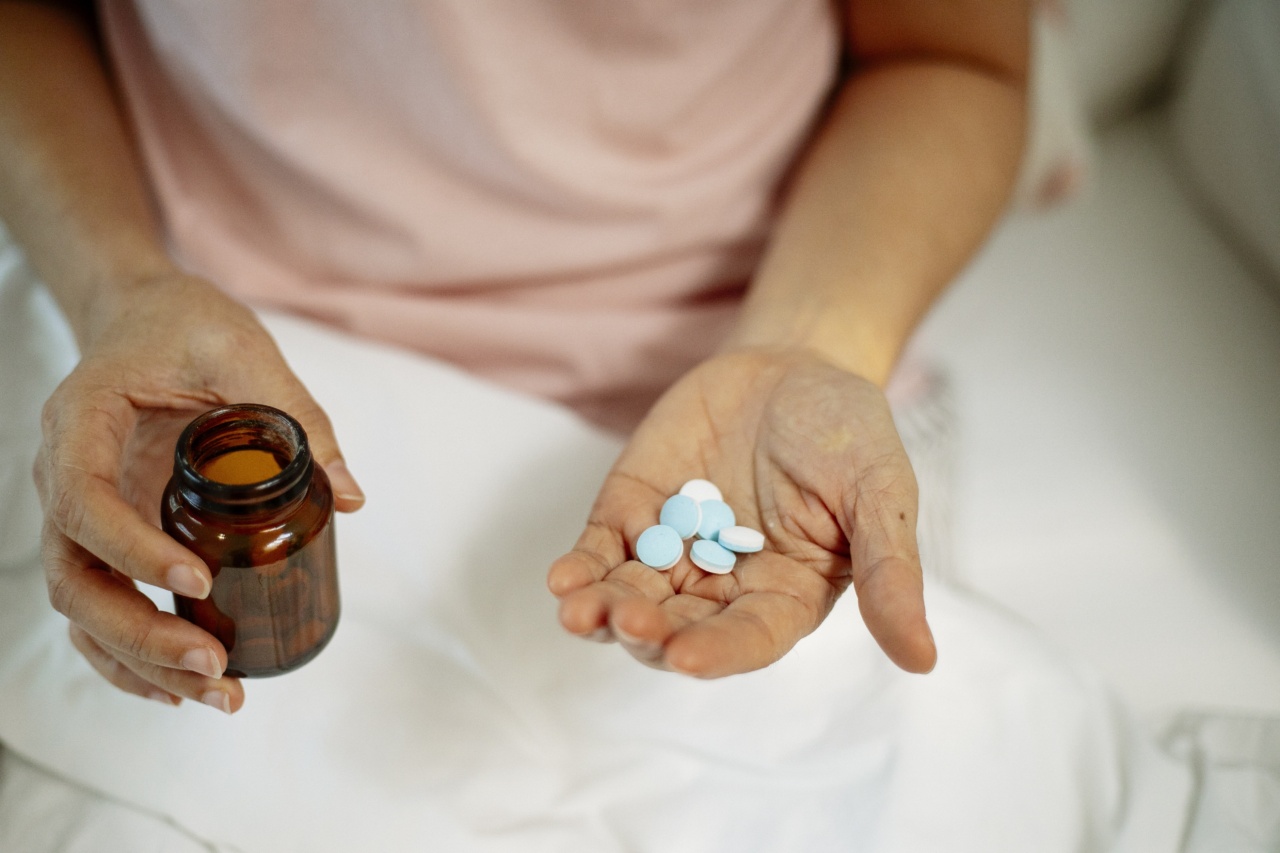A recent survey conducted across Europe has revealed shocking statistics about the prevalence of skin conditions among Europeans. The survey results have shown that over 40% of the population in Europe suffer from various skin ailments.
This high percentage signifies a significant public health concern that demands attention and raises questions about the potential causes and remedies for these conditions. In this article, we will delve deeper into the findings of the survey, explore the different types of skin conditions, their impact on individuals, and discuss possible preventive measures and treatments.
The Survey Results
The survey was carried out across different countries of Europe, encompassing a diverse range of demographics. The sample size included both males and females, spanning various age groups.
The results revealed that a staggering 40% of the European population reported experiencing skin conditions at some point in their lives.
The Different Types of Skin Conditions
There are numerous skin conditions that individuals may face, each with its own unique characteristics and impact on overall health and quality of life. Some of the most common skin conditions reported in the survey include:.
1. Acne
Acne is a prevalent skin condition that mostly affects teenagers and young adults. It is characterized by the formation of pimples, blackheads, and whiteheads on the face, neck, back, and chest.
The survey highlighted that acne was one of the most commonly reported skin conditions among participants.
2. Eczema
Eczema, also known as atopic dermatitis, is a chronic inflammatory condition that causes red, itchy, and dry skin.
The survey indicated that a significant portion of the European population suffers from eczema, and it can have a considerable impact on their daily lives, leading to discomfort and decreased self-esteem.
3. Psoriasis
Psoriasis is a chronic autoimmune condition characterized by the rapid build-up of skin cells, resulting in thick, red plaques covered with silvery scales.
The survey showed that a substantial number of Europeans reported experiencing psoriasis, which can significantly affect their physical and mental well-being.
4. Rosacea
Rosacea is a chronic skin condition that primarily affects the face. It causes redness, visible blood vessels, and acne-like breakouts.
The survey revealed that a considerable percentage of people in Europe are living with rosacea, and its symptoms can often lead to embarrassment and diminished self-confidence.
Impact on Individuals
Skin conditions can have a profound impact on individuals, both physically and emotionally. The survey findings indicated that many Europeans with skin conditions experience a reduced quality of life due to effects such as:.
1. Physical Discomfort
Individuals with skin conditions often experience physical discomfort, including itchiness, pain, and inflammation.
These symptoms can be persistent, leading to difficulty in carrying out everyday activities and affecting sleep patterns, resulting in overall diminished well-being.
2. Lowered Self-esteem
Skin conditions can negatively affect an individual’s self-esteem and body image. Visible skin lesions, scarring, or persistent flare-ups may lead to feelings of self-consciousness and lower self-confidence.
Such psychosocial impact can interfere with social interactions, relationships, and professional opportunities.
3. Impact on Mental Health
Living with a chronic skin condition can take a toll on an individual’s mental health.
The constant management of symptoms, frustration with treatment options, and the emotional distress caused by the visibility of the condition can contribute to feelings of anxiety, depression, and social isolation.
Preventive Measures and Treatments
Although the high prevalence of skin conditions across Europe is concerning, there are preventive measures and treatments available to alleviate symptoms and improve the quality of life for those affected. Some of the possible approaches include:.
1. Proper Skincare
Maintaining a consistent skincare routine tailored to individual needs can help prevent and manage various skin conditions. This includes gentle cleansing, moisturizing, and protection from excessive sun exposure.
2. Healthy Lifestyle Habits
A balanced diet, regular exercise, and adequate sleep can contribute to overall skin health. Consuming nutrient-rich foods and drinking plenty of water helps nourish the skin from within.
3. Medical Interventions
In cases where over-the-counter remedies do not provide relief, seeking medical help from a dermatologist is crucial.
They can prescribe topical creams, oral medications, or other targeted treatments based on the specific skin condition and its severity.
4. Stress Management
Stress can exacerbate many skin conditions. Practicing stress management techniques such as meditation, yoga, or engaging in hobbies can help alleviate symptoms and improve overall well-being.
Conclusion
The survey results revealing that over 40% of Europeans suffer from skin conditions highlight the urgent need for attention and action in tackling this public health concern.
Acne, eczema, psoriasis, and rosacea were among the most commonly reported skin conditions. These conditions impact individuals physically and emotionally, leading to discomfort, lowered self-esteem, and potential mental health issues.
Through proper skincare, healthy lifestyle habits, medical interventions, and stress management, individuals can take steps to alleviate symptoms and improve their quality of life. As awareness and understanding increase, it is hoped that further research, resources, and support will be dedicated to addressing this widespread issue.






























